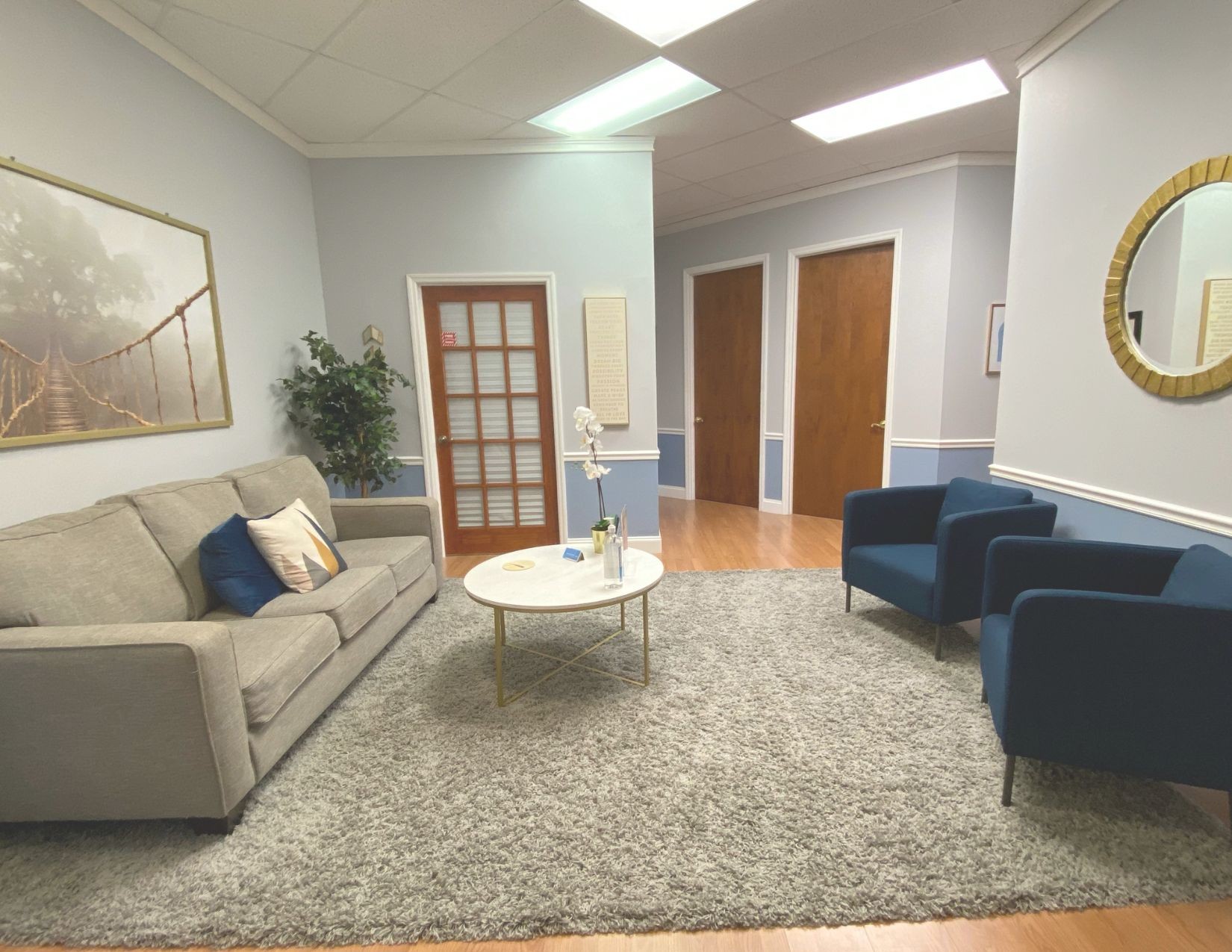We caught up with the brilliant and insightful Diana Garcia a few weeks ago and have shared our conversation below.
Diana , first a big thank you for taking the time to share your thoughts and insights with us today. I’m sure many of our readers will benefit from your wisdom, and one of the areas where we think your insight might be most helpful is related to imposter syndrome. Imposter syndrome is holding so many people back from reaching their true and highest potential and so we’d love to hear about your journey and how you overcame imposter syndrome.
I learned to befriend and make peace with its presence. Let me explain a bit more; my imposter syndrome really got activated once I started in my field as a therapist, specifically when I started working with clients. I felt this enormous pressure to “get it right” and ensure I was doing what was within my power to help a client. Especially given the nature of my job, I struggled as a new therapist with feeling that I didn’t do enough, wasn’t competent or skilled enough to do my job, and engaged in endless comparisons with others.
Eventually, I learned that these thoughts and associated feelings of inadequacy stemmed from some of my own stuff and signaled to me that this job and the role I had taken on was very important to me. This imposter syndrome reminded me of my values, and I didn’t have to shun the experiences but learn how to respond differently to them. I also continued to get supervision, peer support, and did some of my own therapy to help me cope with these experiences.
Thanks for sharing that. So, before we get any further into our conversation, can you tell our readers a bit about yourself and what you’re working on?
Having completed my Master’s degree in Counseling Psychology in 2013, I have spent years learning my craft. I have held various positions throughout my career, including a Case Manager, Primary Therapist, and Director of Counseling Services. These roles have helped me grow and develop professionally. When I look back, what truly stands out in all these roles, is having been a part in someone else’s journey.
In 2017, I took a leap of faith and started my private practice, Nurturing Minds Counseling, part-time. This eventually led to the bold decision to go all-in in 2021. Since then, learning how to run a successful practice has been a roller coaster ride. I have grown more confident handling the different aspects of owning a small business, from being a CEO to an accountant to a marketing specialist. My practice has challenged me in many ways but has also been gratifying.
My journey in therapy has inspired me to explore new ventures. I am thrilled to share that I am now training other therapists and have written a book. ‘Negative Thoughts Happen: How to Find Your Inner Ally When Your Inner Critic Shows Up’ is a project I am incredibly proud and excited about. I hope it will be a valuable resource for those navigating their own mental health journeys.
Looking back, what do you think were the three qualities, skills, or areas of knowledge that were most impactful in your journey? What advice do you have for folks who are early in their journey in terms of how they can best develop or improve on these?
The three most important qualities for me were being open, willing, and courageous. Being open to understanding, learning, and growing has been an essential part of my journey. Without it, it would have been easy to default to rigid patterns or not question some of my automatic thoughts or reactions, which could have hindered me in different ways. I was also open to learning from my clients, challenges, or anything that helped me grow.
Being willing to experience discomfort and whatever else showed up for me has been crucial for my journey. Whether my issues got triggered, I encountered a stumbling block, or life just got hard, learning how to make room for it has allowed me to keep moving forward and not get stuck. It has helped me process my experiences and understand what kind of internal or external support I needed to get through them.
I had to tap into my internal sense of courage to keep moving forward when I felt scared, overwhelmed, or compelled to quit. I also had to call on my courage when making difficult decisions or trying something new that I wasn’t sure would work out. I still have to embody these three qualities in my business.
If you wanted to practice these, I would identify what they look like and when you need to access them. See if you build some of your openness, willingness, and courage muscles weekly, starting with smaller or easier things, so you can access muscle memory when more significant challenges arise.
Alright so to wrap up, who deserves credit for helping you overcome challenges or build some of the essential skills you’ve needed?
Different mentors throughout my career, both during my grad school experience and now in the field, have truly helped me develop the skills I needed. Also, I was fortunate to have a group of peers who were on similar journeys as myself, so it felt helpful to be able to turn to one or more of these individuals when I was stressed or struggling.
Contact Info:
- Website: www.nurturingmindscounseling.com
- Instagram: https://www.instagram.com/nurturingmindscounseling/
- Facebook: https://www.facebook.com/nurturingmindscounseling
- Youtube: https://www.youtube.com/channel/UCH_ZB0J-U2396LNSz4tJtUA








